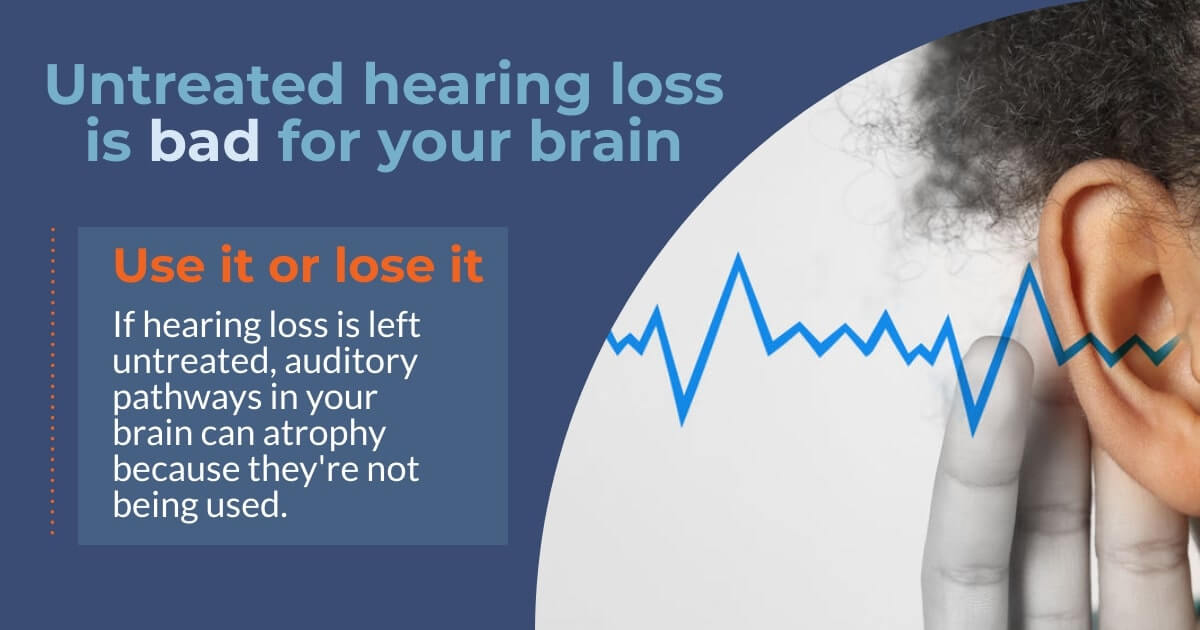|
www.HealthyHearing.com |
Early signs of hearing lossThese five signs are a strong indicator you may have hearing loss
Contributed by Debbie Clason, staff writer, Healthy Hearing Hearing loss is often a sneaky thief. It can creep up on you gradually, stealing your hearing in such small increments you suddenly find yourself straining to understand conversation and missing some of your favorite sounds. How can you tell if you have hearing loss? Hearing loss symptoms depend on the type and severity. Only a qualified hearing health professional can tell you for sure, but here are five signs you may not be hearing your best. 1. Consonant sounds are hard to hear'Did you say show or throw?'If you’ve lived long enough to develop presbycusis, or age-related hearing loss, you may have lost your ability to hear high-frequency sounds. In speech, that translates to the consonant sounds S, F, Th, Sh, V, K, and P. These sounds are important because they help you distinguish between like-sounding words—for example, “show” and “throw” or “keep” and “peep.” As a result, you may misunderstand important parts of the conversation and respond inappropriately or think people are mumbling. In other words, you can hear, but not understand. 2. The birds have seemingly disappearedTake a moment and think—when was the last time you heard birds singing or crickets chirping? Do you hear the car’s turn signal when it’s blinking? Are you having trouble hearing your wife or grandchildren when they speak? (Good news: Hearing aids help birders.) These higher pitched sounds and voices register at frequencies of 2,000 Hz or higher, which those with high-frequency hearing loss have trouble hearing. 3. Understanding conversation in crowded places is increasingly difficultAnother symptom of high-frequency hearing loss is the inability to distinguish speech in noisy environments. As a result, you may find yourself avoiding social situations like family get-togethers or impromptu celebrations with friends at local gathering places where you’re forced to concentrate on understanding the conversation. 4. You strain to listen—and it’s exhaustingIf you find you're straining to listen to the conversation and are more exhausted than usual at the end of the day, you may have listening fatigue. Like a fading radio state or bad phone connection, you have difficulty following the conversation. Most people are surprised to learn that hearing is a brain activity. When your auditory system is compromised, it takes a lot more effort for your brain to process the sound it receives from your inner ear. In effect, the signal is broken. More: Hearing loss is exhausting? I was skeptical until I took a hearing test |
Featured clinics near me
Earzlink Hearing Care - Reynoldsburg
7668 Slate Ridge Blvd
Reynoldsburg, OH 43068

Find a clinic
We have more hearing clinic reviews than any other site!



 Debbie Clason holds a master's degree from Indiana University. Her impressive client list includes financial institutions, real estate developers, physicians, pharmacists and nonprofit organizations.
Debbie Clason holds a master's degree from Indiana University. Her impressive client list includes financial institutions, real estate developers, physicians, pharmacists and nonprofit organizations.